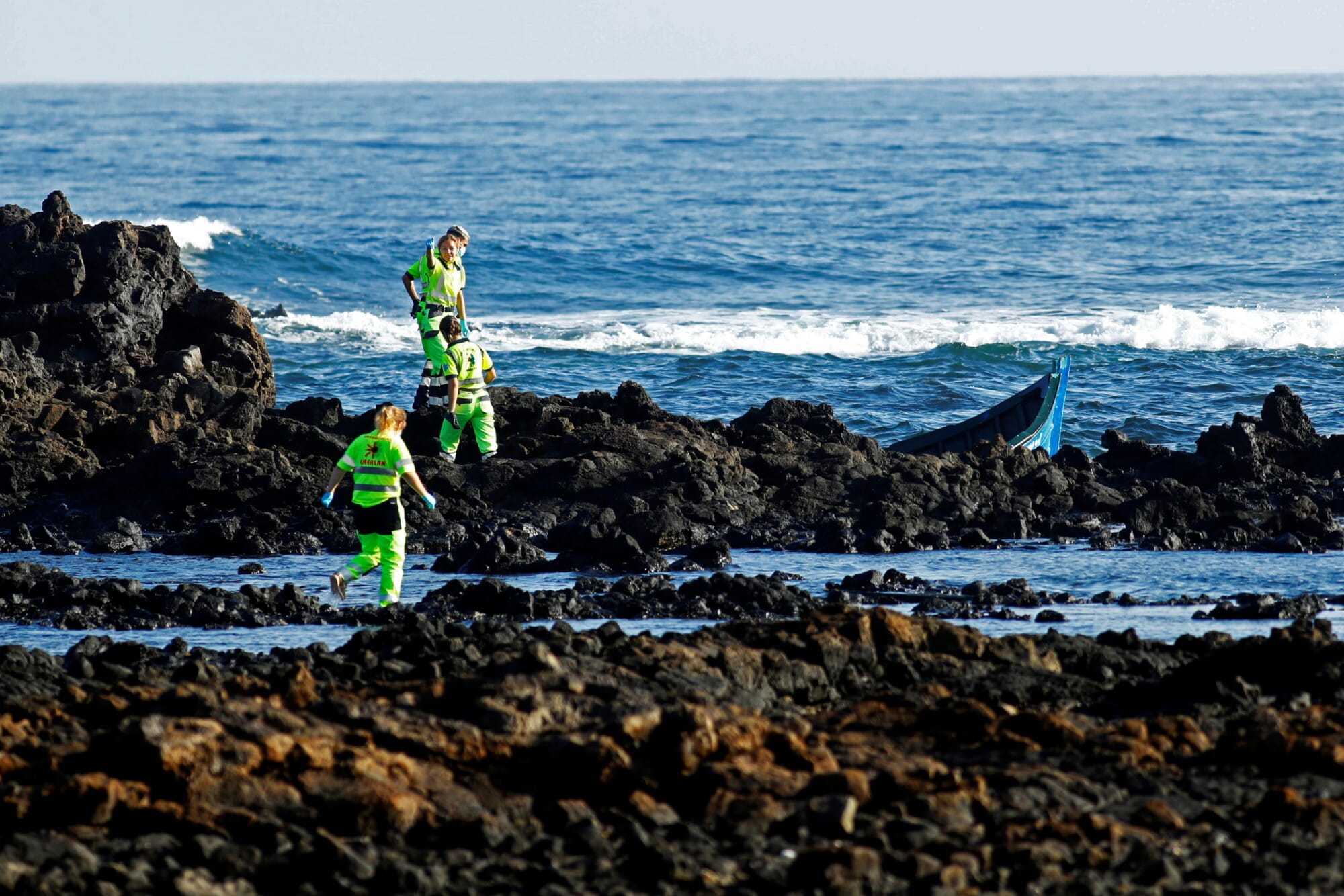The Canary Islands, a Spanish archipelago located off the northwest coast of Africa, have witnessed a substantial rise in maritime arrivals of migrants and refugees throughout 2024. This surge represents a marked increase compared to previous years, drawing attention to the complex dynamics of migration routes and the ongoing humanitarian considerations associated with these movements. The geographical location of the islands, situated relatively close to the African mainland, makes them a frequent point of arrival for individuals attempting to reach European territory by sea. This situation has placed considerable strain on the resources and infrastructure of the local authorities.
The increase in arrivals has presented significant logistical challenges. Upon reaching the shores of the Canary Islands, migrants and refugees often require immediate medical attention, shelter, and sustenance. Processing the influx of individuals and their asylum claims has also tested the capacity of government agencies and the legal systems in place. The need for temporary accommodation, suitable for the potentially large numbers arriving daily, has become a matter of urgency. Furthermore, providing adequate sanitary facilities, food, and water for those held in processing centers remains a continuous challenge.
Humanitarian organizations play a crucial role in providing support on the ground. These groups work alongside authorities to offer essential services like medical care, psychological support, and legal assistance to those who have arrived. They have been instrumental in mitigating the hardship and suffering faced by many migrants and refugees upon reaching the islands. The conditions of the journey by sea are frequently arduous and dangerous, with some individuals enduring long periods at sea in precarious vessels, making the need for assistance even more critical.
The increase in maritime arrivals has also prompted debates within the European Union about its response to migration. The geographical location of the Canary Islands means they are often the first point of entry for many individuals seeking asylum in Europe. The responsibility of processing asylum claims and providing support to arriving individuals has led to questions regarding burden sharing and the solidarity of European nations. The complex political implications surrounding migration require coordinated international efforts and continuous dialogue amongst states to find effective and humane solutions.
The factors contributing to the increase in migration to the Canary Islands are multifaceted. The unstable political and economic conditions in some African countries are often cited as the primary drivers of migration, as people are forced to leave their homes and countries of origin in search of safety and opportunities. Economic hardship, conflict, persecution, and climate change impacts, such as desertification and drought, often play a considerable role in the decision to embark on such hazardous journeys. In addition, the perceived possibility of gaining access to European territory drives a significant number of individuals to take risks and try to reach the islands by sea.
Furthermore, changes in migration routes and the impact of border policies can also contribute to fluctuations in arrivals. When one particular migration route is restricted or closed off, alternative routes tend to emerge. These shifts in patterns can lead to unforeseen surges in specific locations like the Canary Islands. The complexity of migration patterns requires adaptive and nuanced responses from governments and international organizations that take into account the changing circumstances.
The long term consequences of increased arrivals in the Canary Islands are varied. The local population has experienced strain on resources and public services, as the increased number of individuals in need places greater demands on infrastructure. The socio-economic impact also requires careful attention to ensure the integration of migrants and refugees into the local communities. This requires targeted programs and policies that encourage integration and address potential tensions that could arise. It also necessitates investments in education, employment opportunities, and cultural understanding.
The rise in maritime arrivals in the Canary Islands serves as a stark reminder of the global challenges associated with migration. The situation highlights the need for international collaboration, humanitarian assistance, and effective policies to address the root causes of migration, while also providing safe and dignified pathways for those seeking refuge. It calls for a response that respects human rights, upholds the principles of international law, and acknowledges the complex factors behind the movement of individuals across borders.
The current situation requires a multidimensional approach involving governments, international organizations, non-governmental organizations, and local communities to manage the challenges effectively and ensure the safety and well-being of all those affected. Sustainable solutions must be pursued that address not only immediate needs, but also long-term integration and development to foster a more just and humane global society.


